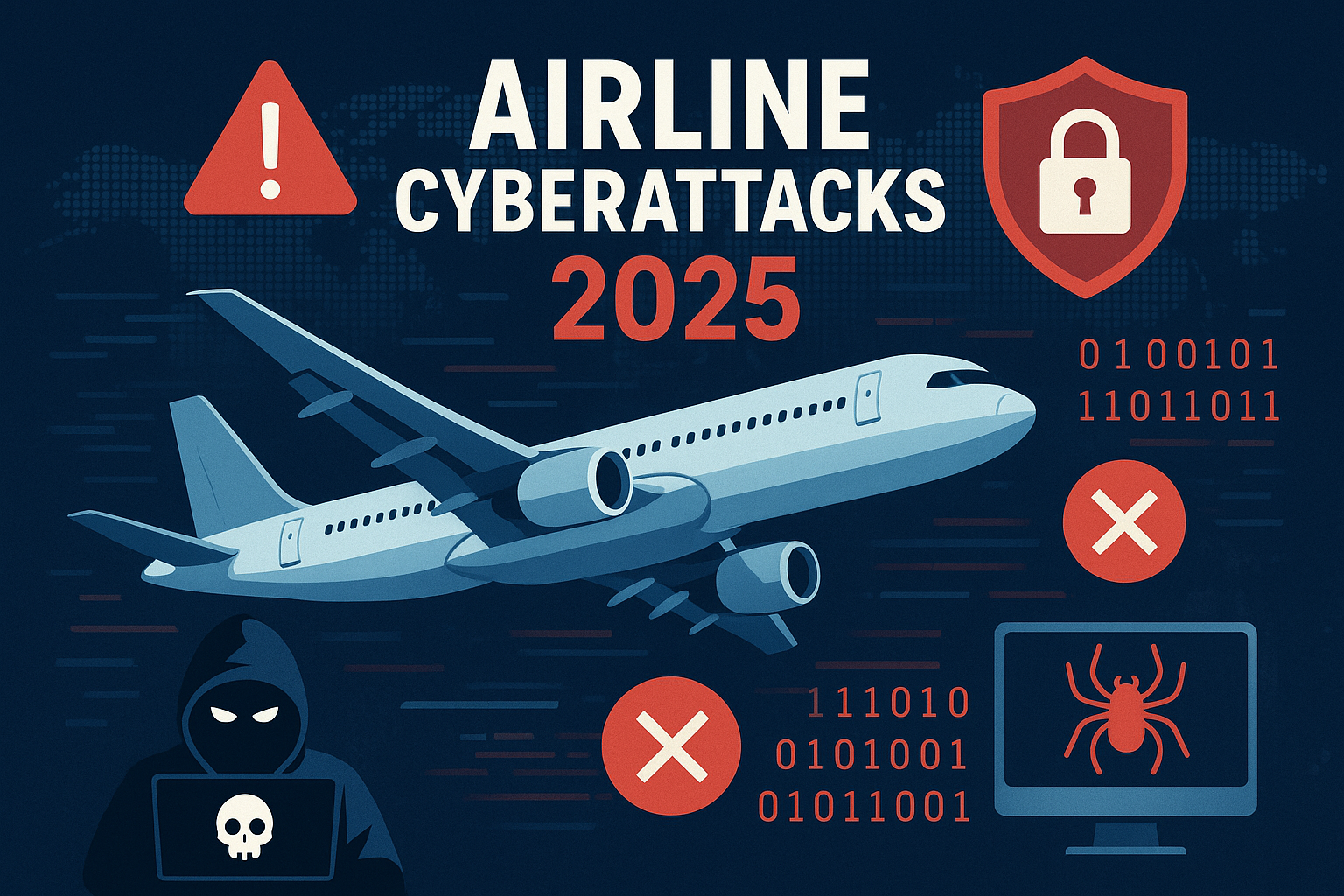India has quietly become the world’s second-largest VPN user base, with 43% of its population actively using Virtual Private Networks. This puts the country just behind Indonesia in global VPN adoption rates, marking a dramatic shift in how Indians navigate the digital world. But what’s driving this massive surge in VPN usage, and what does it mean for the future of internet freedom in the world’s largest democracy?
The Numbers Tell a Story
The statistics are striking. India currently has over 270 million VPN users, representing nearly one in five Indians. This isn’t just a tech-savvy minority we’re talking about – it’s a mainstream movement that spans across demographics, professions, and social classes. From students trying to access blocked educational content to professionals working remotely, VPNs have become as essential as smartphones for many Indians.
What makes this even more remarkable is the speed at which adoption has grown. Just a few years ago, VPNs were primarily used by IT professionals and privacy enthusiasts. Today, your neighborhood shopkeeper might be using one to access international streaming content, while college students rely on them to bypass university network restrictions.
Why Indians Are Turning to VPNs
The reasons behind India’s VPN boom are complex and multifaceted, reflecting broader concerns about digital privacy, internet freedom, and access to information.
Privacy Concerns in the Digital Age
With the rising incidence of cybercrimes and data surveillance, Indian internet users increasingly turn to VPNs to maintain their online anonymity. The growing awareness of how personal data is collected, stored, and potentially misused has made privacy-conscious Indians seek tools to protect themselves online.
The average Indian internet user is becoming more sophisticated about digital threats. Data breaches, identity theft, and unauthorized surveillance have moved from abstract concerns to real-world problems affecting millions. VPNs offer a simple solution – encrypt your traffic, hide your IP address, and browse with confidence.
Internet Restrictions and Censorship
Surfshark found internet restrictions rose in early 2025 compared to the same period last year, with India leading the countries implementing such restrictions. This has created a natural demand for tools that can bypass these limitations.
From social media bans during sensitive periods to blocked websites and services, many Indians have experienced firsthand how internet restrictions can disrupt their digital lives. VPNs provide a workaround, allowing users to access blocked content and maintain their digital freedom even when official channels are restricted.
Professional Needs
A majority of VPN users use it to connect to their company network, highlighting the professional necessity that has driven much of India’s VPN adoption. The COVID-19 pandemic accelerated remote work adoption, making VPNs essential tools for maintaining productivity and security.
Many Indian companies, especially in the IT sector, require employees to use VPNs to access internal networks and sensitive data. This professional requirement has familiarized millions of Indians with VPN technology, often leading them to use these tools for personal browsing as well.
Entertainment and Content Access
Let’s be honest – a significant portion of VPN usage in India is driven by the desire to access geo-restricted content. From Netflix shows available only in certain countries to sports events blocked due to broadcasting rights, Indians use VPNs to access a global internet experience.
This isn’t just about entertainment; it’s about information access. Academic papers, news websites, and educational resources that might be restricted or unavailable in India become accessible through VPNs, democratizing access to global knowledge.
The Government’s Response: A Double-Edged Approach
The Indian government’s relationship with VPNs is complicated. On one hand, they recognize the legitimate business and security needs that VPNs serve. On the other hand, they’re concerned about how these tools can be used to bypass regulations and access restricted content.
The Controversial Data Logging Requirements
The new regulations state that VPN companies must hold customer data for a period of at least five years. This includes the phone numbers, email IDs and IP addresses used. This requirement has sparked intense debate among privacy advocates and cybersecurity experts.
The main problem with this law is that it strikes at the core of what virtual private networks (VPNs) do: protect user privacy. Many international VPN providers have refused to comply with these requirements, leading to their services being blocked or restricted in India.
App Store Restrictions
Top VPNs have been removed from app stores by Apple and Google on the orders of the Indian government. This move has made it more difficult for average users to download and install VPN applications, though many continue to find alternative ways to access these services.
The app store restrictions represent a significant escalation in the government’s efforts to control VPN usage. However, tech-savvy users continue to find workarounds, often downloading VPN apps directly from providers’ websites or using alternative app stores.
The Broader Implications
India’s position as a VPN hotspot reflects larger global trends around digital privacy, internet freedom, and the tension between security and surveillance. The country’s experience offers valuable lessons for other democracies grappling with similar challenges.
Economic Impact
The VPN industry has become a significant economic force in India. Local VPN providers are emerging to serve the domestic market, while international companies are investing heavily in Indian infrastructure and customer support. This has created jobs and contributed to the digital economy, even as regulators struggle to find the right balance.
Digital Literacy and Awareness
The widespread adoption of VPNs has had an unexpected side effect: it’s made millions of Indians more aware of digital privacy and security issues. Users who started with VPNs for simple content access often become more sophisticated about online privacy, using encrypted messaging apps, secure browsers, and other privacy tools.
Innovation and Adaptation
The regulatory pressure on VPNs has sparked innovation in the industry. New technologies like decentralized VPN networks and improved encryption methods are being developed and tested in the Indian market. This regulatory environment is inadvertently driving technological advancement in privacy tools.
The Future of VPNs in India
The story of VPNs in India is far from over. As the government continues to balance security concerns with digital rights, and as users become more sophisticated about privacy tools, we’re likely to see continued evolution in both technology and regulation.
Emerging Technologies
New privacy technologies are being developed specifically to address the challenges of restrictive regulatory environments. These include distributed VPN networks, advanced obfuscation techniques, and blockchain-based privacy tools that are harder to detect and block.
The Youth Factor
India’s young population, which grew up with smartphones and social media, is particularly privacy-conscious and tech-savvy. This demographic is likely to continue driving VPN adoption and pushing for stronger digital rights protections.
Global Implications
India’s experience with VPN regulation is being watched closely by other countries considering similar measures. The success or failure of India’s approach could influence global trends in internet governance and digital privacy regulation.
A Digital Revolution in Progress
India’s emergence as a VPN powerhouse represents more than just statistics – it’s a sign of a broader digital awakening. Indians are taking control of their online privacy and pushing back against restrictions on their digital freedom. While the government grapples with legitimate security concerns, millions of Indians have decided that their right to privacy and access to information is worth protecting.
The 43% VPN adoption rate in India isn’t just a number; it’s a statement. It says that Indians value their digital freedom and are willing to take steps to protect it. Whether this leads to more restrictive regulations or greater recognition of digital rights remains to be seen, but one thing is clear: India’s digital landscape will never be the same.
As this digital revolution continues, the world will be watching to see how the world’s largest democracy balances security, privacy, and freedom in the digital age. The stakes couldn’t be higher, and the outcome will likely influence digital rights movements around the globe.
The VPN boom in India is ultimately about empowerment – giving individuals the tools to control their digital experience and protect their privacy. In an increasingly connected world, that’s a revolution worth understanding.



